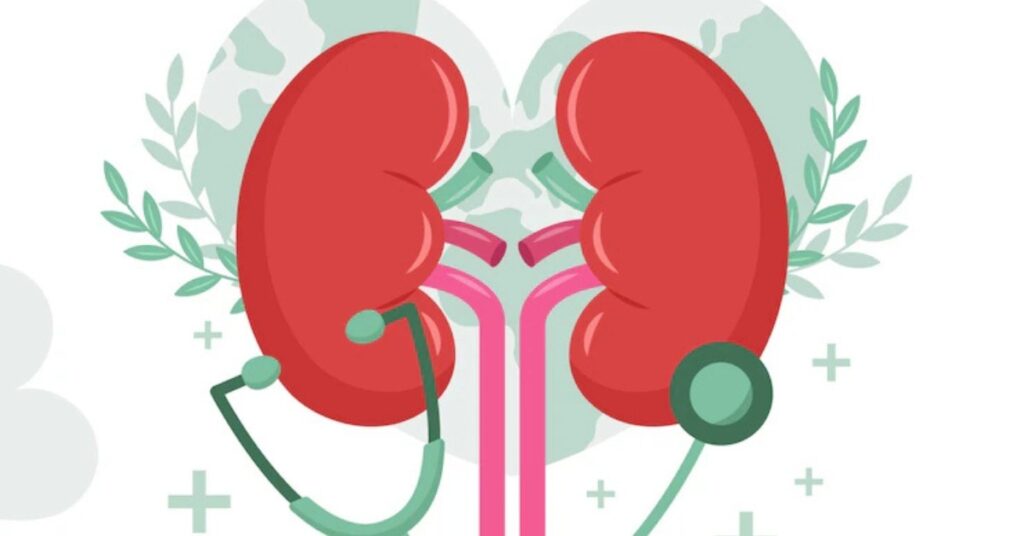
Vitamin C, also known as ascorbic acid, is a vital nutrient that supports various bodily functions, including immune defense, collagen synthesis, and iron absorption. Since our bodies cannot produce or store vitamin C, it’s essential to consume it regularly through our diet. Incorporating a variety of vitamin C-rich foods can help maintain optimal health and prevent deficiencies.
Top Vitamin C-Rich Fruits
- Indian Gooseberry (Amla)
Amla is a powerhouse of vitamin C, containing approximately 800 mg per 100 grams—significantly more than many other fruits. It’s also rich in antioxidants, supporting overall health and immunity. - Guava
This tropical fruit offers about 377 mg of vitamin C per cup, making it one of the richest sources available. Guava also provides dietary fiber and other essential nutrients. - Papaya
A small papaya delivers around 95.6 mg of vitamin C. It’s also a good source of vitamin A, folate, and dietary fiber, contributing to digestive health. - Strawberries
One cup of sliced strawberries contains approximately 97.6 mg of vitamin C. These berries are also high in antioxidants, promoting skin health and reducing inflammation. - Oranges and Citrus Fruits
A large orange provides about 97.5 mg of vitamin C. Other citrus fruits like lemons, limes, and grapefruits are also excellent sources, supporting immune function and skin health.
Vitamin C-Rich Vegetables
- Bell Peppers
Red bell peppers contain approximately 190 mg of vitamin C per cup, while green bell peppers offer about 120 mg. They’re also rich in antioxidants and add vibrant color to dishes. - Broccoli
One cup of raw broccoli provides around 81.2 mg of vitamin C. It’s also a good source of fiber, vitamin K, and iron, supporting overall health. - Brussels Sprouts
A cup of raw Brussels sprouts contains about 74.8 mg of vitamin C. These cruciferous vegetables also offer fiber and antioxidants, promoting heart health. - Kale
One cup of chopped kale provides approximately 80 mg of vitamin C. This leafy green is also rich in vitamins A and K, supporting vision and bone health. - Cauliflower
A cup of chopped cauliflower offers about 48 mg of vitamin C. It’s a versatile vegetable that can be roasted, steamed, or added to various dishes.
Spicy Sources of Vitamin C
- Green Chilies
Surprisingly, green chilies are rich in vitamin C, containing around 109 mg per pepper. They add heat and nutrition to meals. - Red Chilies
Red chilies also provide a significant amount of vitamin C, with approximately 65 mg per pepper. Incorporating them into dishes can enhance flavor and nutrient intake.
Tips for Maximizing Vitamin C Intake
- Consume Fresh Produce: Vitamin C content is highest in fresh fruits and vegetables.
- Minimize Cooking Time: Since vitamin C is water-soluble and sensitive to heat, overcooking can reduce its content. Opt for steaming or microwaving to preserve nutrients.
- Combine with Iron-Rich Foods: Vitamin C enhances the absorption of non-heme iron found in plant-based foods. Pairing vitamin C-rich foods with iron sources like legumes and leafy greens can improve iron status.
Health Benefits of Vitamin C
- Immune Support: Vitamin C strengthens the immune system, helping the body fight off infections.
- Antioxidant Properties: It acts as an antioxidant, protecting cells from damage by free radicals.
- Collagen Production: Vitamin C is essential for the synthesis of collagen, a protein that supports skin, cartilage, and bones.
- Wound Healing: Adequate vitamin C intake promotes faster healing of wounds.
- Iron Absorption: It enhances the absorption of non-heme iron, reducing the risk of anemia.
Incorporating a variety of vitamin C-rich foods into your daily diet can significantly contribute to overall health and well-being. By choosing fresh fruits and vegetables and preparing them in ways that preserve their nutrient content, you can ensure adequate intake of this essential vitamin.












